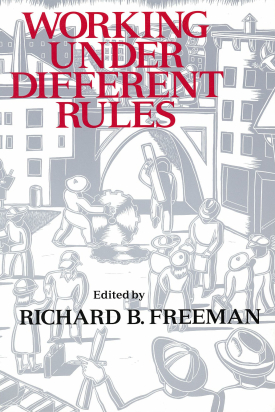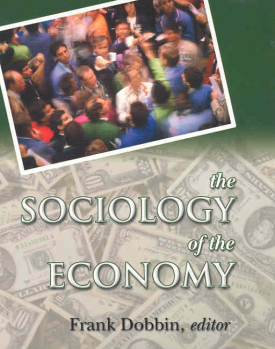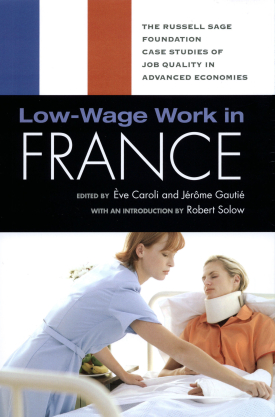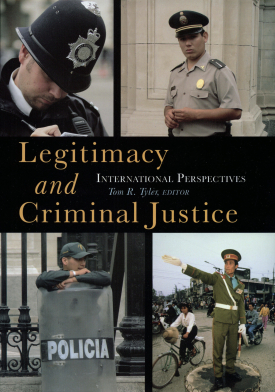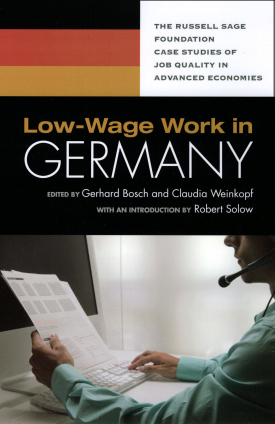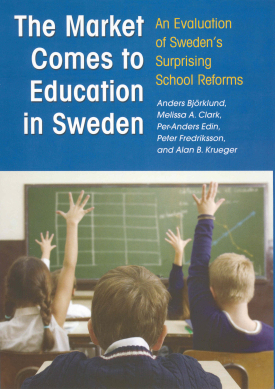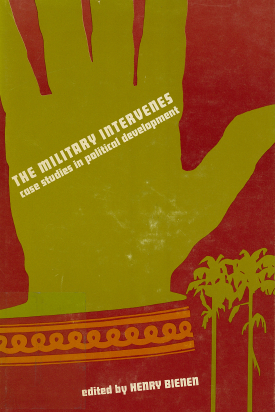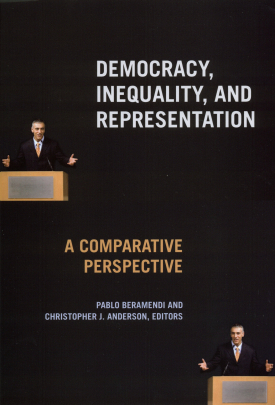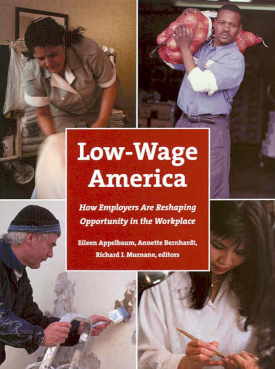
Low-Wage America
About This Book
About 27.5 million Americans—nearly 24 percent of the labor force—earn less than $8.70 an hour, not enough to keep a family of four out of poverty, even working full-time year-round. Job ladders for these workers have been dismantled, limiting their ability to get ahead in today’s labor market. Low-Wage America is the most extensive study to date of how the choices employers make in response to economic globalization, industry deregulation, and advances in information technology affect the lives of tens of millions of workers at the bottom of the wage distribution.
Based on data from hundreds of establishments in twenty-five industries—including manufacturing, telecommunications, hospitality, and health care—the case studies document how firms’ responses to economic restructuring often results in harsh working conditions, reduced benefits, and fewer opportunities for advancement. For instance, increased pressure for profits in newly consolidated hotel chains has led to cost-cutting strategies such as requiring maids to increase the number of rooms they clean by 50 percent. Technological changes in the organization of call centers—the ultimate “disposable workplace”—have led to monitoring of operators’ work performance, and eroded job ladders. Other chapters show how the temporary staffing industry has provided paths to better work for some, but to dead end jobs for many others; how new technology has reorganized work in the back offices of banks, raising skill requirements for workers; and how increased competition from abroad has forced U.S. manufacturers to cut costs by reducing wages and speeding production.
Although employers’ responses to economic pressures have had a generally negative effect on frontline workers, some employers manage to resist this trend and still compete successfully. The benefits to workers of multi-employer training consortia and the continuing relevance of unions offer important clues about what public policy can do to support the job prospects of this vast, but largely overlooked segment of the American workforce. Low-Wage America challenges us to a national self-examination about the nature of low-wage work in this country and asks whether we are willing to tolerate the profound social and economic consequences entailed by these jobs.
EILEEN APPELBAUM is professor and director of the Center for Women and Work at Rutgers University.
ANNETTE BERNHARDT is senior policy analyst at the Brennan Center for Justice, New York University School of Law.
RICHARD J. MURNANE is the Thompson Professor of Education and Society, Harvard Graduate School of Education and research associate at the National Bureau of Economic Research.
CONTRIBUTORS: David H. Autor, John W. Ballentine Jr., Ann P. Baretl, Rosemary Batt, Peter Berg, Rachel Connelly, Deborah S. DeGraff, Laura Dresser, George A. Erickcek, Ronald F. Ferguson, David Finegold, Ann Frost, Erin Hatton, Susan Helper, Susan N. Haouseman, Larry W. Hunter, Casey Ichniowski, Derek C. Jones, Arne L. Kalleberg, Takao Kato, Morris M. Kleiner, Julia Lane, Alec Levenson, Frank Levy, Philip Moss, Gil Pruess, Harold Salzman, Kathryn Shaw, Chris Tilly, Mark Van Buren, Adam Weinberg, Steffanie Wilk, Rachel A. Willis.
A Volume in the RSF Case Stud ies of Job Quality in Advanced Economies

